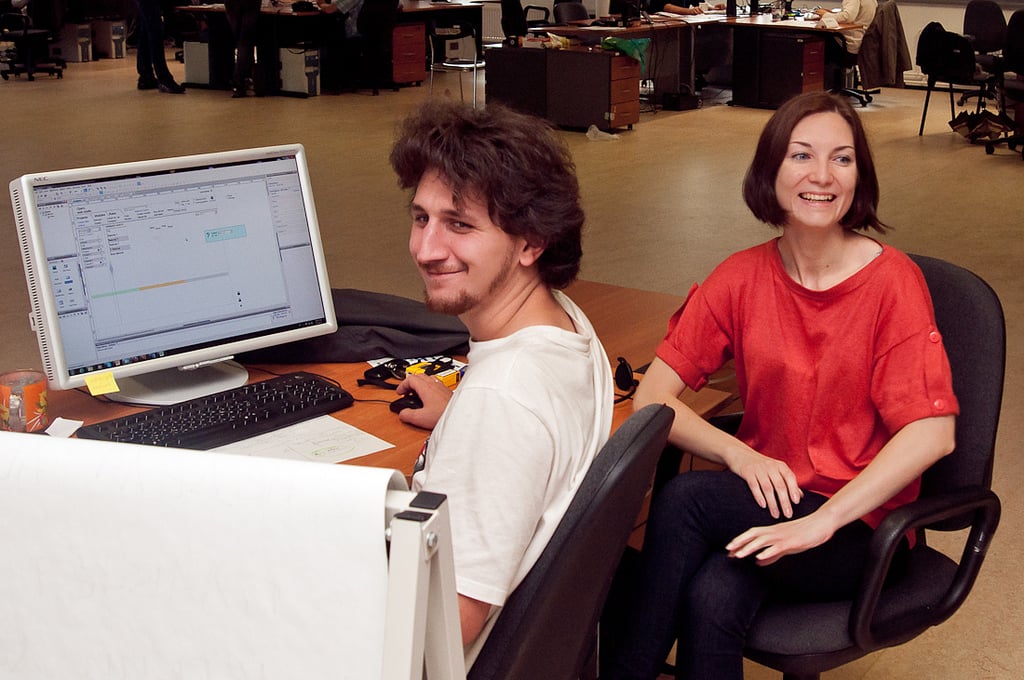
Photo: RSNY
Everyday values
Janice Haddon believes that establishing core values gives an organisation clarity and a foundation for healthy relationships.
As we meander along our path in life we come across people that we get on well with and others that we do not. Within the arts world, good relationships with company staff, partners and potential sponsors are essential in running a proactive and successful organisation. Key to this, as an arts professional, is an understanding of your own core values before feeding them through to colleagues and departments.
If you stop for a moment and consider what it is about the people, groups and organisations that you positively connect with you will find a reason. If you consider those that you do not connect with – or even those that you feel a slight sense of irritation with − there will be a reason. When we do not connect it is fundamentally because we do not share the same values, or we feel that our values are not being met – maybe that they are even being disrespected.
The values that you establish within your organisation will allow you to develop a strong performance culture
Your personal values form the basis of your behaviour, reactions or responses. They are key to how you conduct yourself and the interactions you have on a daily basis. Your behaviour therefore is a direct reflection of your values and the standards by which you have chosen to live. For clarity in moving forwards in life it is a great thing to truly understand your values and how you prioritise them. And to be honest, it is not something that we always give a lot of thought to.
So what are your top ten values? Here are some examples to help get your thoughts going: security, honesty, respect, trust, understanding, freedom, adventure, acceptance and health. Make a list of your own top ten and then place them in order of importance. Make sure that you do not place them in order of importance for just one part of your life, such as your job or career, as that may not be the same for your life overall. So make sure that you are considering this from the perspective of who you are versus the requirements of what you do.
Now you have your values firmly in place, look at what they truly mean to you. Write them all out and make notes on what each value means to you. For example, if you have put respect what does that mean? How do you demonstrate it towards others? What has to happen for you to feel respected by others? Then make a note of how each of your values gets met: how are they fulfilled and in which parts of your life? Getting your values into focus will help you understand the positives and negatives in your interactions. If your values are not currently being fulfilled, work out what you need to do about it. Prioritise your goals accordingly.
From an organisational perspective, in order for employees to understand what is expected of them, the company’s values need to be clearly communicated. This will form the foundation for how people behave and for them to know what is expected of them. The values that you establish within your organisation will allow you to develop a strong performance culture – a culture where you know how to motivate employees and where transformational leadership provides for true employee engagement.
Janice Haddon is a leadership development specialist and Managing Director of Morgan Redwood.
Join the Discussion
You must be logged in to post a comment.